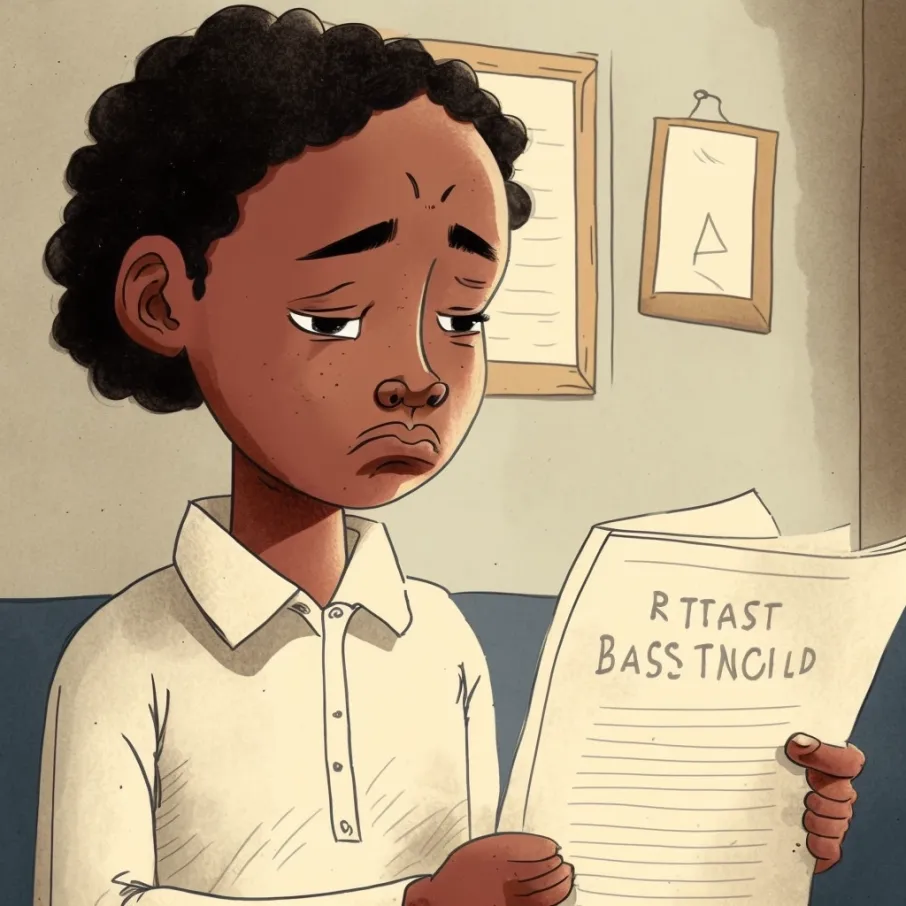The Essay is Dead?
Gloom and doom predictions about the impact of AI on education, especially essay writing, claim that AI will ruin any validity of essay writing, particularly unproctored essay writing. The real question is, "So what?"
To understand what is, or rather isn't, at stake, one must explore the originals and uses of the essay writing process.
The History of Essays
The history of essays in education can be traced back to ancient Greece, where scholars such as Plato and Aristotle used writing as a tool for intellectual discourse and exploration. In the Middle Ages, the essay evolved into a form of personal expression and self-reflection, with religious scholars writing introspective pieces on their spiritual journeys. The Renaissance period saw the emergence of the essay as a literary genre, with writers such as Michel de Montaigne popularizing the personal essay form. Essays went from a way to evaluate learning to a way to evaluate writing. In modern times, essays have become a staple in education, serving as a means for students to demonstrate their understanding of a subject.
However, essay writing to evaluate understanding has always been problematic. Essays may not be a practical measure of understanding for several reasons. Primarily, essays rely heavily on the ability to write well, which can disadvantage students who struggle with writing, particularly those who have language or learning disabilities.
Can a writing style be biased?
The history of educational essays has been biased in several ways. One way is that the essay has historically been used as a tool for privileged and dominant groups to maintain their power and control over others. For example, in the Middle Ages, essays were often written by wealthy, male religious scholars who used writing to assert their authority over others. Essays have traditionally been judged based on their adherence to specific conventions of style and form, which can disadvantage students who come from non-dominant cultural or linguistic backgrounds.
Another way that the history of educational essays has been biased is in terms of the topics and perspectives that have been valued and prioritized. For much of history, essays were used primarily to explore philosophical, religious, or literary topics, often with a focus on the works of Western male writers.
The essay continues to be inequitable in several ways. Foremost, essays require strong writing skills, which can disadvantage students who come from marginalized backgrounds or who have limited access to resources such as writing instruction or tutoring. This can create a gap in achievement between students from different socioeconomic backgrounds, as those with more resources may have an advantage in writing essays. Additionally, essays may be biased towards certain cultural or linguistic norms, which can disadvantage students who come from non-dominant cultural or linguistic backgrounds. This can result in a lack of diversity in the voices and perspectives represented in essays and can perpetuate systemic inequalities in education.
But essays prepare students for future jobs, right?
Essays have little practical use in the real-world workforce because the skills and competencies required in essay writing are often not the same as those required in professional settings. Essays typically require a high level of writing proficiency and the ability to express complex ideas in a coherent and persuasive manner. While these skills are important in some professions, such as journalism or academia, they may not be as relevant in many other fields.
In the workforce, employers typically value skills such as critical thinking, problem-solving, collaboration, communication, and practical application of knowledge. These skills are often best demonstrated through practical tasks or activities, such as presentations, projects, or simulations, rather than through essays. Additionally, many professions require specific technical skills or knowledge that cannot be easily demonstrated through essay writing.
Furthermore, the writing styles and conventions required in essays may not be applicable or appropriate in many professional settings. In the workplace, communication often takes the form of emails, memos, reports, or presentations, which require different writing styles and conventions than essays. These forms of communication often require a more direct and concise writing style.
In conclusion, while essays have been a staple of education for centuries, their practical use in the modern world is limited. As we move forward, it is important for educators and employers alike to recognize the limitations of essay writing and the need to move beyond this old-fashioned practice. Additionally, we must embrace new technologies, such as artificial intelligence, to help us create more equitable and effective assessment methods. By doing so, we can better prepare our students for the challenges and opportunities of the 21st-century workforce.




Comments
Post a Comment